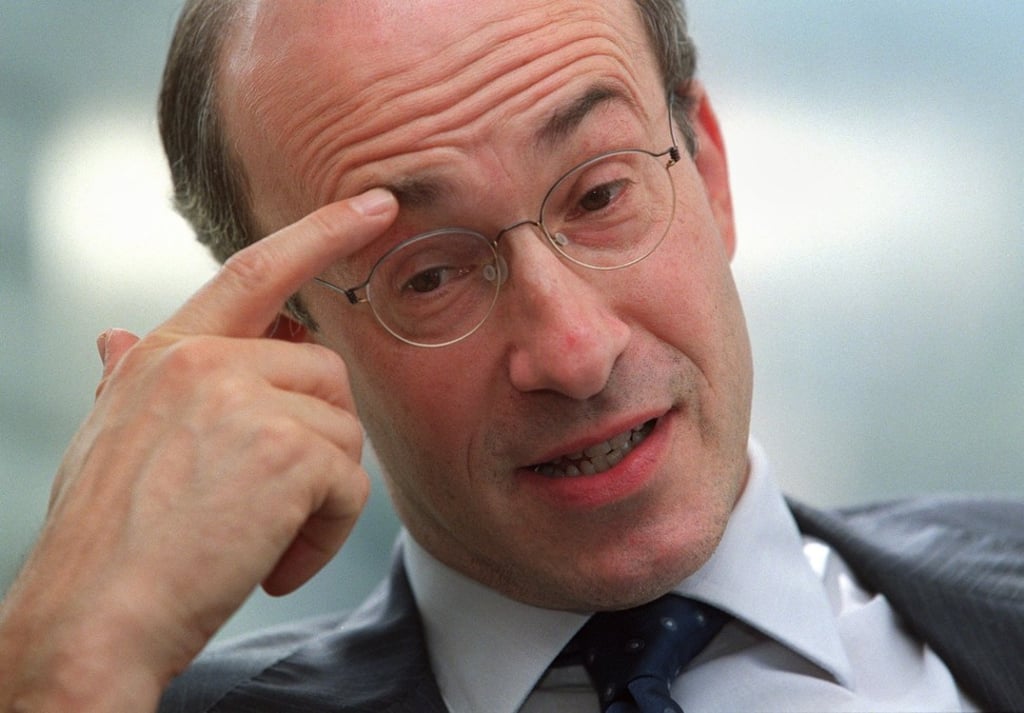Coronavirus outbreak delivers a one-two punch to the world’s economy, handing out supply and demand shocks one after another
- The coronavirus outbreak is hammering the capacity to produce goods as swathes of Chinese factories remain shut and workers are housebound
- With the virus spreading globally, increasingly worried consumers everywhere are reluctant to shop, travel or eat out

The coronavirus is delivering a one-two punch to the world economy, laying it low for months to come and forcing investors to reprice equities and bonds to account for lower company earnings.
That supply shock was initially viewed as a short-term disruption, easily reversed once the virus was brought under control. Hence the initial predictions that global growth would follow a V-shaped trajectory, sliding in the first quarter and rebounding in subsequent weeks.
Those early bets for 2020 are now in tatters because demand is slumping too. With the virus no longer contained to China, increasingly worried consumers everywhere are reluctant to shop, travel or eat out. As a result, companies are likely not only to send workers home, but to cease hiring or investing – worsening the hit to spending.

How the two shocks will reverberate has sparked some debate among economists, with Harvard University Professor Kenneth Rogoff writing this week that a 1970s style supply-shortage-induced inflation jolt can’t be ruled out. The bottom line for central banks and governments is that there’s likely to be even more pressure to deliver economic fixes.
